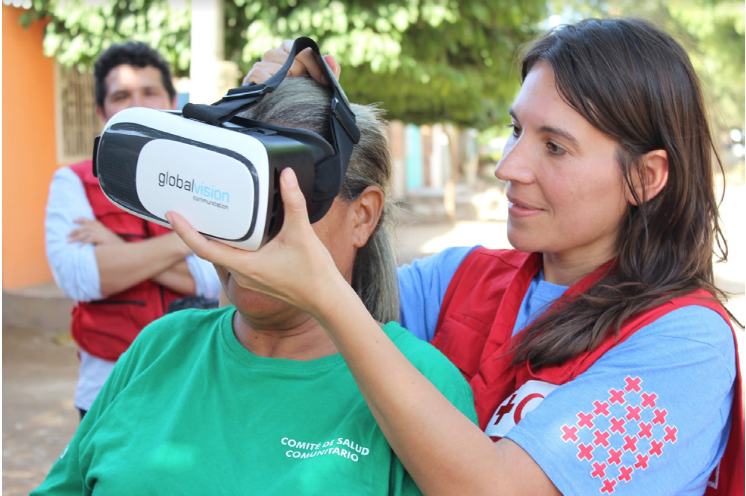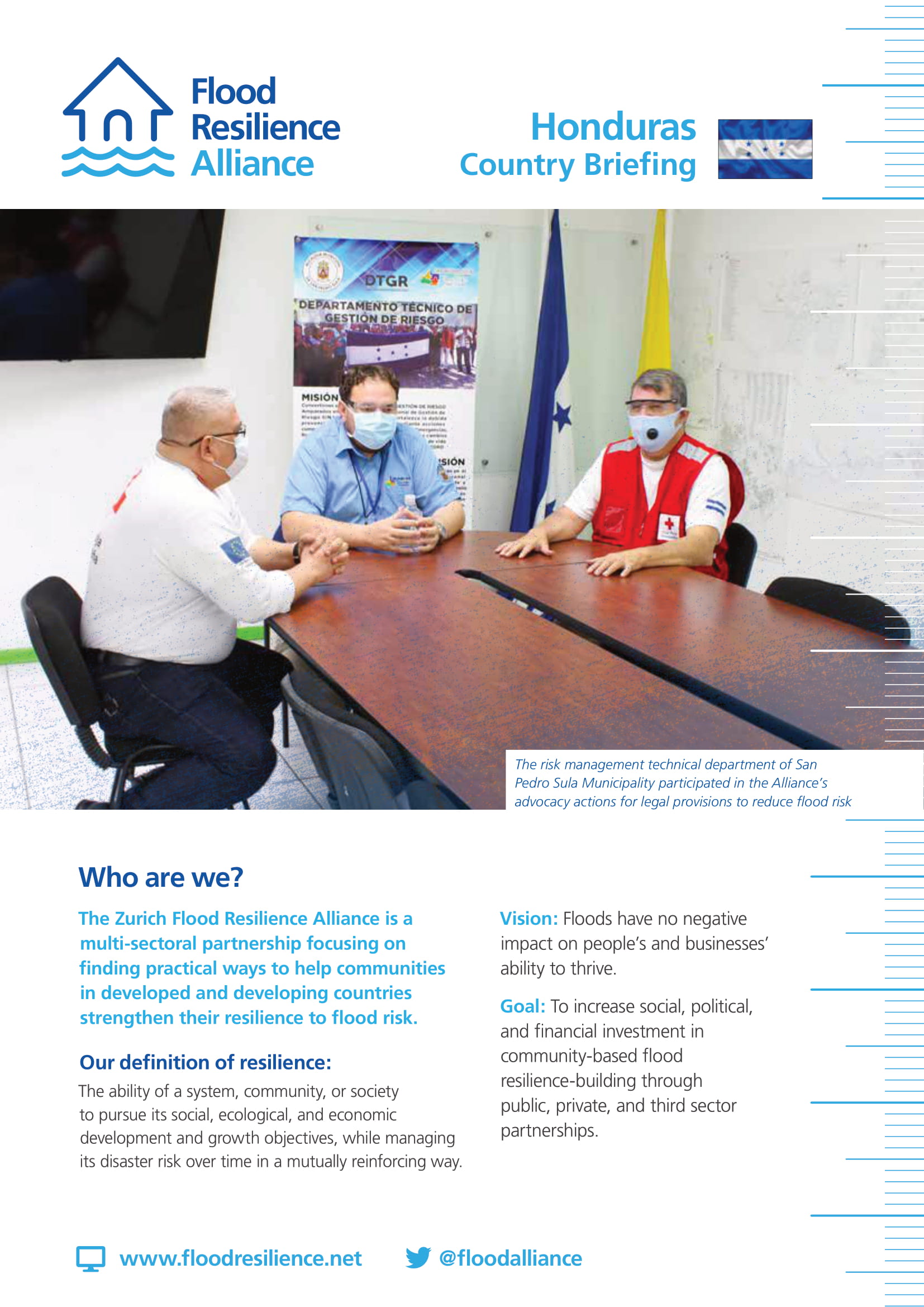Beneficiary Communication and Accountability: A responsibility, not a choice
The combination of rapid urbanization and population growth, alongside the proliferation of short message service (SMS) and internet based technology, making it possible for communities to publicize how they are being affected by our actions have changed
the humanitarian landscape. Though information and mobile phone technology had been growing in the years before 2010, the Haiti Earthquake raised awareness of how these technologies support disaster response and communication. The response in Haiti, as well as later responses such as those in Indonesia and Pakistan outlined in this study, changed humanitarian communication. This creates enormous challenges, as well as opportunities.
This document highlights the work that needs to be undertaken internally within the Red Cross Red Crescent to mainstream this approach; including experimenting, training, strengthening and building on already established two-way communication mechanisms.
Beneficiary Communication and Accountability: A responsibility, not a choice
https://www.ifrc.org/PageFiles/94411/IFRC%20BCA%20Lesson%20Learned%20doc_final.pdf


